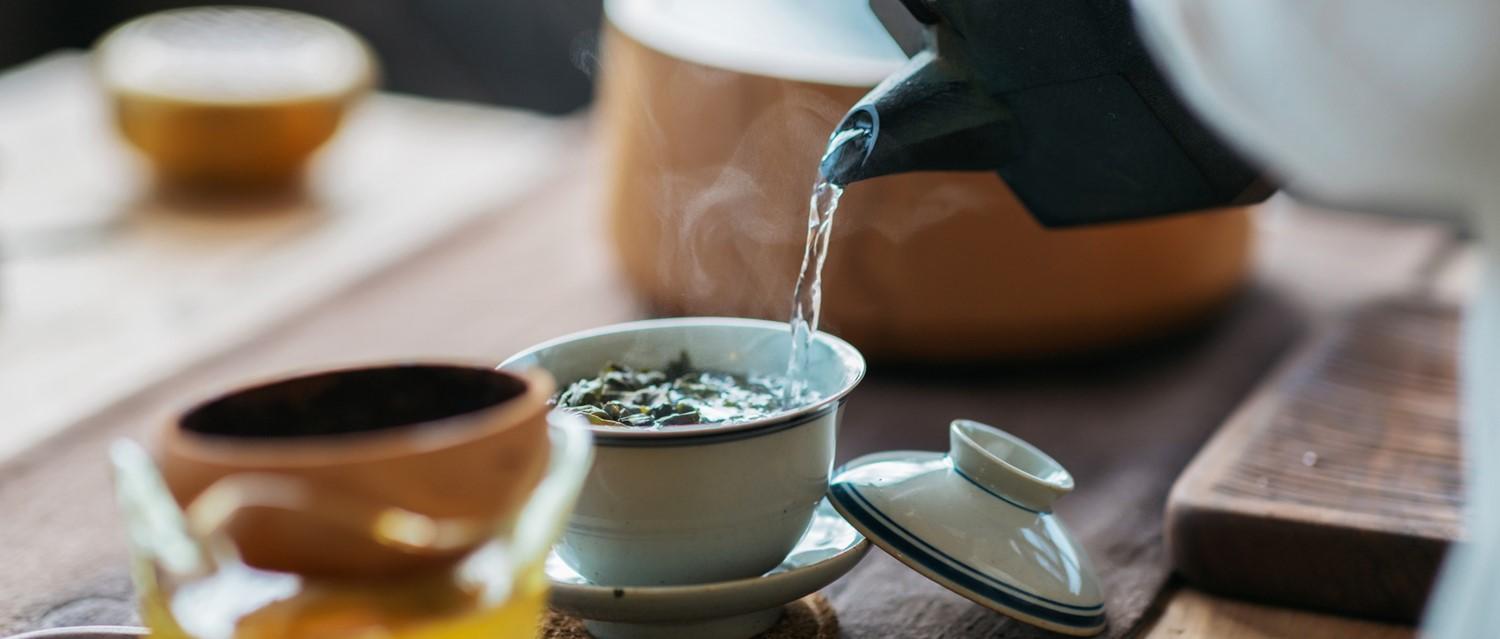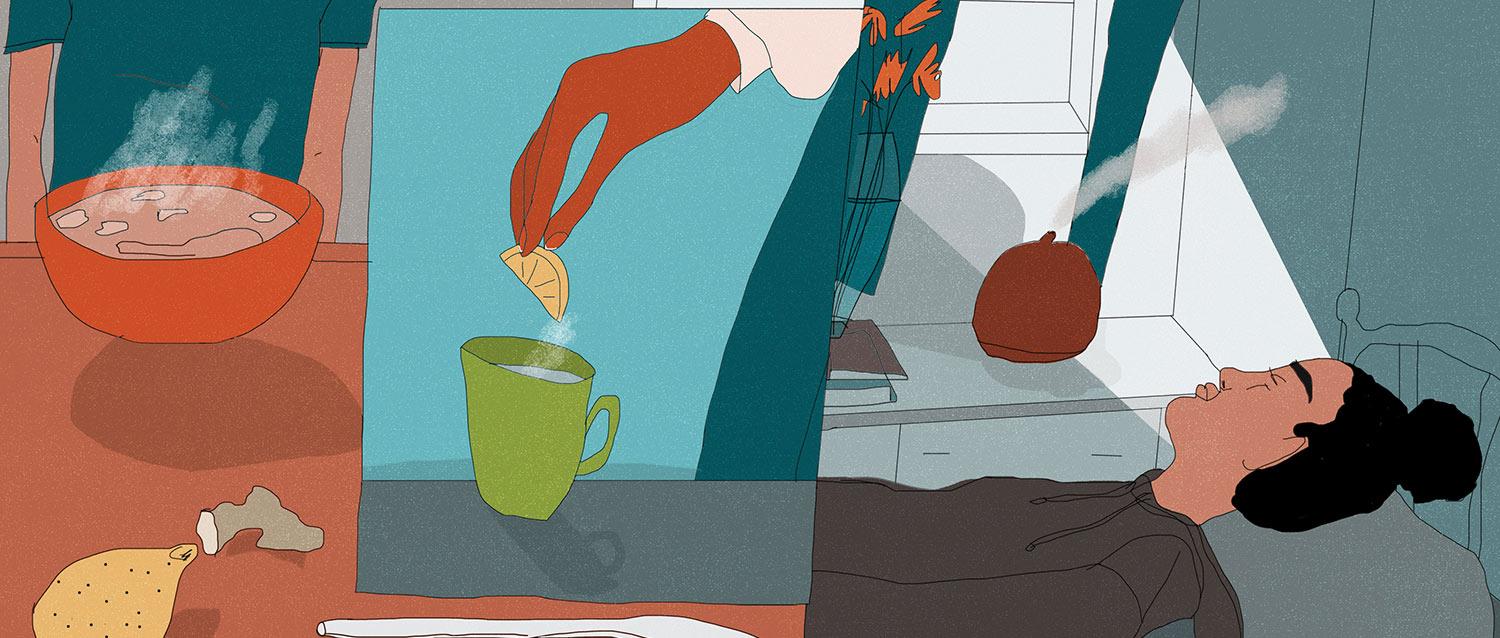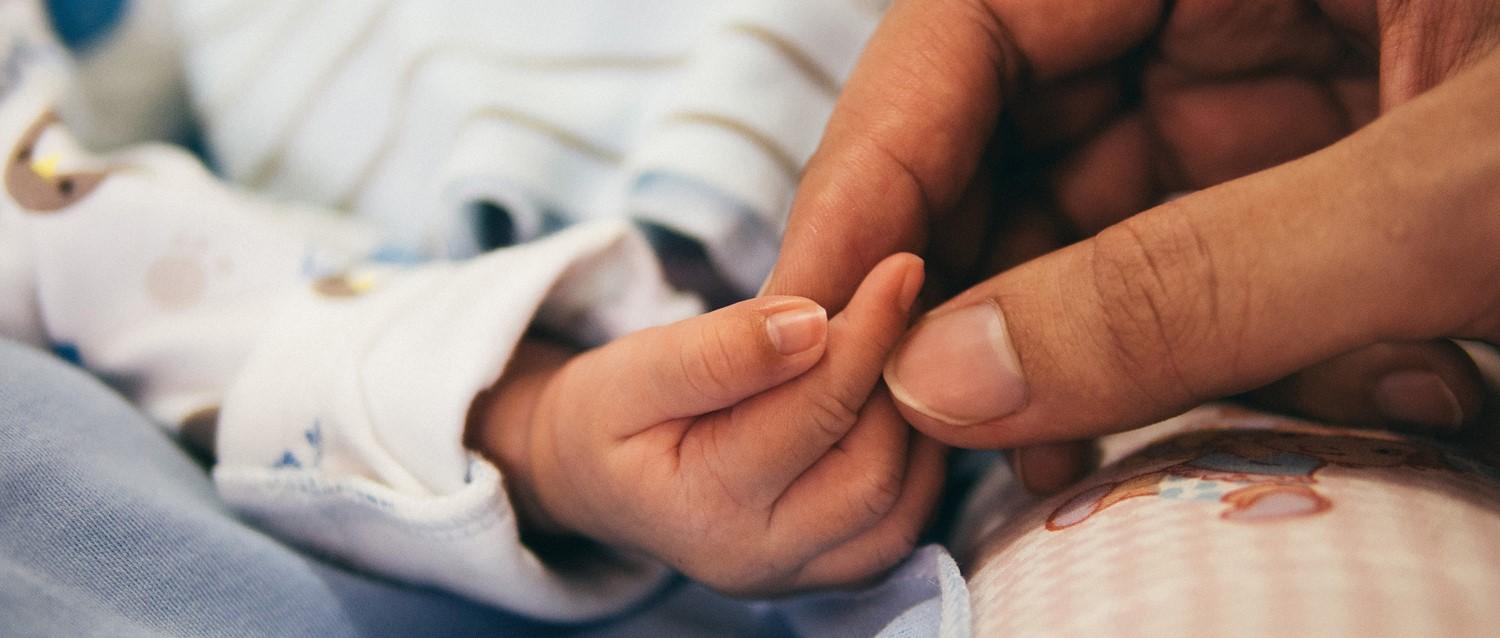
I regret not getting the flu jab
Peer reviewed by Dr Sarah Jarvis MBE, FRCGPLast updated by Allie AndersonLast updated 9 Sept 2019
Meets Patient’s editorial guidelines
- DownloadDownload
- Share
- Language
- Discussion
When 62-year-old Steve Miller picked up what he thought was a cold, he didn't think much of it at first. But within three days he was in intensive care fighting for his life, with doctors warning his family he might not survive.
In this article:
"I'd had typical flu symptoms, and I was short of breath and incredibly tired," he recalls. "But I deteriorated rapidly until every muscle in my body ached and I started to go delirious.” Miller's worried partner Sam took him straight to A&E.
Miller, from north London, had contracted the virulent H1N1 strain of seasonal flu, which developed into double pneumonia (pneumonia affecting both lungs) and began to shut down his organs. He was placed into an induced coma and was unconscious and on life support for five weeks.
While Sam and her son had recovered from the same flu strain after a few days' bed rest, Miller couldn't fight off the virus, because his immune system was weakened by medication he'd been taking to treat a rare skin condition called pemphigus.
Despite being eligible for the free NHS flu vaccination - and against the advice of his GP and dermatologist - Miller had always turned it down.
"I always thought that if I had the flu jab, it would give me everything going because my immune system was suppressed," he says. "So I kept refusing to have it."
Continue reading below
Misconceptions
This is something Dr Tehseen Khan, a GP in Hackney, sees all too often and which leaves vulnerable people at risk of becoming seriously ill.
"There are misconceptions around the flu jab, the commonest one being that having the jab actually gives you flu," he comments. "This is not true. While you may have aches for a day or two after having the vaccine, it doesn't result in you developing the flu." The flu injection doesn't contain any live virus, so it's impossible for it to multiply in your system to cause a flu infection.
Another myth, according to Khan, is that if you've had the vaccination before, you're protected against the virus forever. "In reality, the flu virus is very clever and changes frequently to survive," he adds. "So each annual vaccine protects against the most common and important strains of flu that season."
The flu jab is offered every year to people who are vulnerable to the illness and more likely to develop potentially dangerous complications from it.
Eligible groups include pregnant women; the over-65s; people with certain medical conditions like asthma, diabetes, and kidney disease; those who have a reduced immune response due to certain medication, chemotherapy, or illnesses like HIV and AIDS; and some children.
Low awareness
Back to contentsDuring the 2018-19 flu season, national vaccine uptake rates fell in all at-risk groups apart from two- and three-year-olds, for whom uptake was 44.9%, compared with 44% the previous year.
Among patients in one or more 'clinical' risk groups - such as people who have an underlying medical condition or whose immune systems are compromised - just 48% had the flu vaccination, down almost 3.5% on 2017-18 and well below government targets.
Several factors contribute to low uptake, including a poor perception of vaccinations in general across some sections of society. Inconvenience and limited access are other reasons people don't have the jab.
But often, people decide against being vaccinated because they just don't realise how bad flu can be, and don't think it's worth it.
"They confuse having a bad cold with the flu, but the two are very different. Colds are a nuisance, whereas the flu can be deadly," says Kahn.
If you have a suppressed immune system, an underlying medical condition, or you're pregnant or over 65, it's more likely to lead to dangerous complications like bronchitis or pneumonia, and potentially organ failure and death. "I've seen devastating consequences of flu, including disability," Kahn adds. "Why risk it?"
Continue reading below
Heed advice
Back to contentsMiller was lucky, and defied the odds to make a full recovery - but only after hospital treatment taught him to swallow and walk again, followed by months of physiotherapy to gradually build up his strength. And now, he gladly takes up his annual invitation to have the flu vaccination.
"I've no doubt not having the flu jab was the downfall of me," Miller says. "Ultimately, I lost nine months of my life through being stubborn and it was awful."
His advice for people who are eligible for the NHS vaccine echoes Kahn's. "If your doctor tells you to have it, then have it. Going against my doctor's advice nearly cost me my life, and I wouldn't want anyone to go through that."
Patient picks for Flu and vaccination

Infections
Do any traditional or herbal remedies work for flu?
Advice for flu treatment is, and has always been, simply 'fluids and bed rest' - little wonder some of us turn to family recipes or alternative medicine to get creative with our approach. A virologist and a GP explain which traditional and herbal remedies work for flu, and why.
by Ellie Broughton

Infections
Flu vaccine in pregnancy does not lead to health problems in children
A new study has found no link between having the flu vaccine during a pregnancy and later health problems for children.
by Milly Evans
Continue reading below
Article history
The information on this page is peer reviewed by qualified clinicians.
9 Sept 2019 | Latest version

Ask, share, connect.
Browse discussions, ask questions, and share experiences across hundreds of health topics.

Feeling unwell?
Assess your symptoms online for free
Sign up to the Patient newsletter
Your weekly dose of clear, trustworthy health advice - written to help you feel informed, confident and in control.
By subscribing you accept our Privacy Policy. You can unsubscribe at any time. We never sell your data.